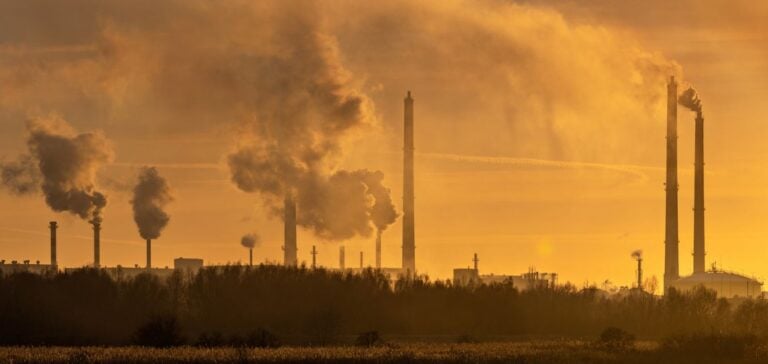The IEA’s latest analysis highlights the persistent challenges posed by methane emissions in the energy sector, despite recent progress. In 2023, the production and use of fossil fuels resulted in almost 120 million tonnes of methane emissions, a slight increase on 2022. In addition, around 10 million tonnes of methane emissions came from bioenergy, mainly from the traditional use of biomass for activities such as cooking. These figures underline the continuing importance of monitoring and reducing methane emissions, particularly in the context of the current climate crisis.
Impact of Methane Emissions
Methane emissions are a significant driver of global warming and air quality degradation. As a much more potent greenhouse gas than carbon dioxide, and over a relatively short period of time, methane accounts for 30% of global GHG emissions and contributes significantly to rising global temperatures. Methane also has an impact on air quality, contributing to air pollution and associated health problems. Reducing methane emissions is therefore crucial not only to combating climate change, but also to improving air quality and protecting public health.
Reduction prospects
Recent commitments, notably from COP28, offer potential for reducing methane emissions in the energy sector. Nearly 200 governments pledged to “significantly reduce” methane emissions by 2030 at COP28, while significant regulatory initiatives were announced by Canada, the European Union and the United States around the same time. In addition, new companies have pledged to take action thanks to the launch of the Oil and Gas Decarbonization Charter. If all promises to reduce methane emissions are fully implemented and met, this could halve methane emissions from fossil fuels by 2030, according to the IEA analysis. However, effective implementation of these commitments remains a challenge, and it is essential that the policies and initiatives announced translate into concrete action to reduce methane emissions in the years ahead.
Reducing methane emissions is essential to limiting global warming and its impact on human health and the environment. While numerous initiatives have been announced to reduce methane emissions in the energy sector, it is imperative that these commitments are translated into concrete, measurable action. The IEA’s analysis underlines the urgent need for decisive action to reduce methane emissions and meet international climate targets.






















